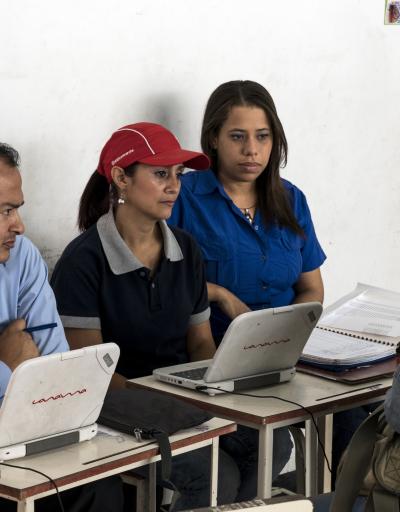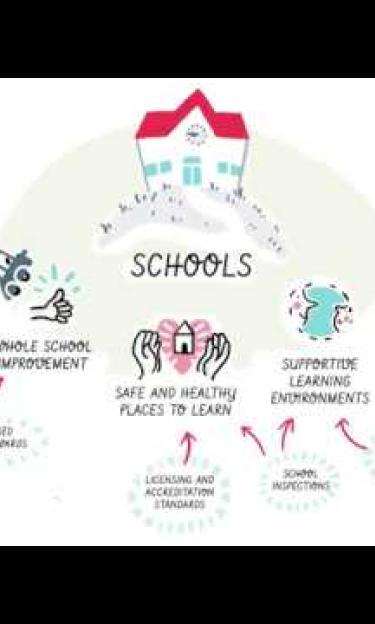
Monitoring SDG 4: Accountability and governance
Accountability is a process aimed at helping individuals or institutions meet their responsibilities and reach their goals. Actors have an obligation, based on a legal, political, social or moral justification, to provide an account of how they met clearly defined responsibilities.People are more likely to deliver if held accountable for decisions. If held accountable for outcomes beyond their control, they will try to avoid risk, minimize their role or adjust their behaviour in unintended ways to protect themselves.
Education actors are held to account through political processes, laws and regulations, performance evaluations, market competition, social pressure and professional norms.
Accountability matters enormously for improving education systems but it should be a means to education ends, not an end in itself. It needs to emphasize building more inclusive, equitable, good-quality education systems and practices instead of blaming individuals. Different approaches to accountability may be effective in some contexts and for some aspects of education and detrimental in and for others. No one approach is universally effective at all times.







